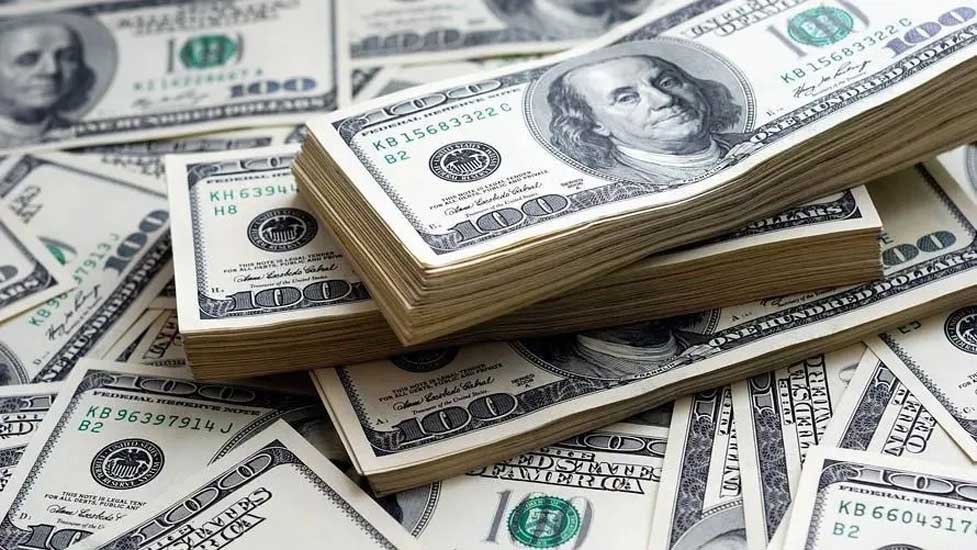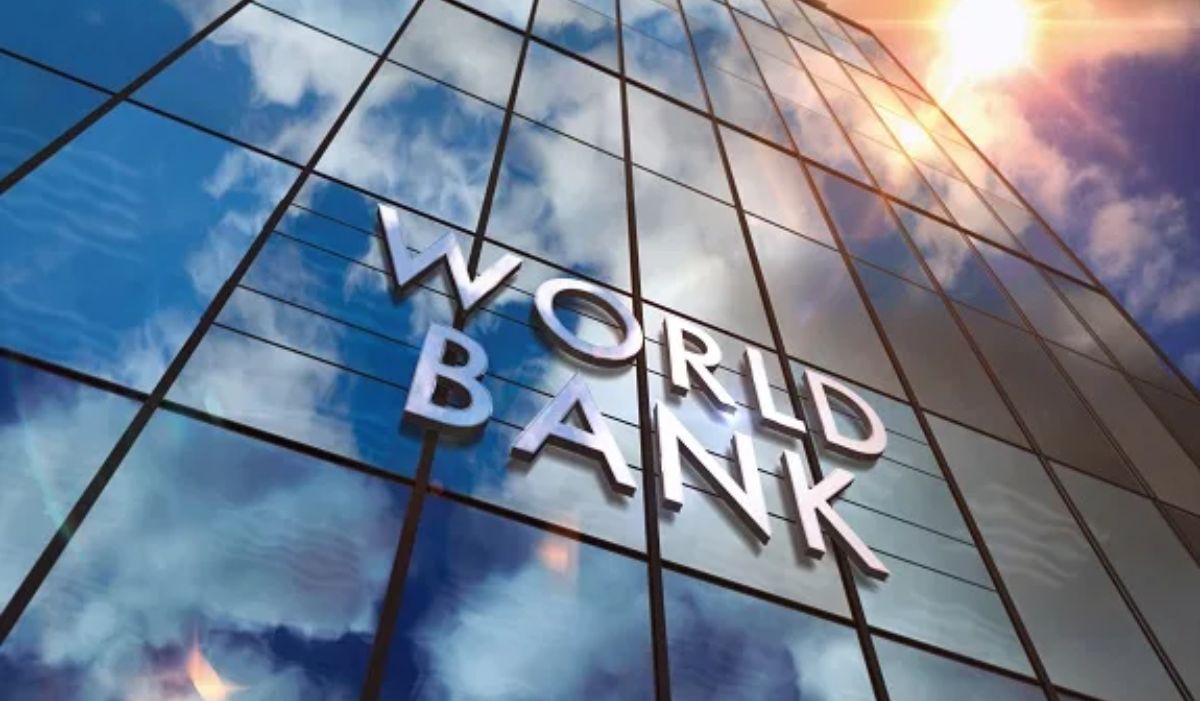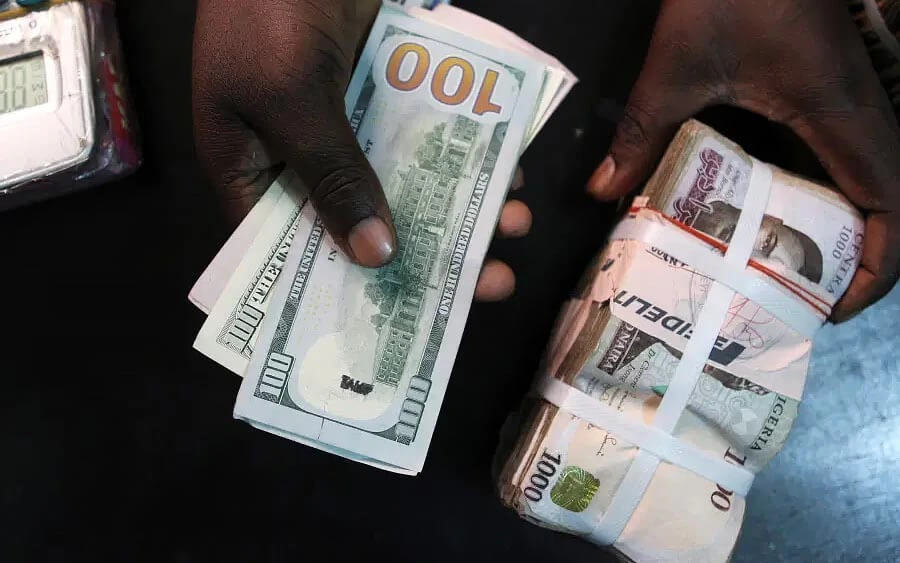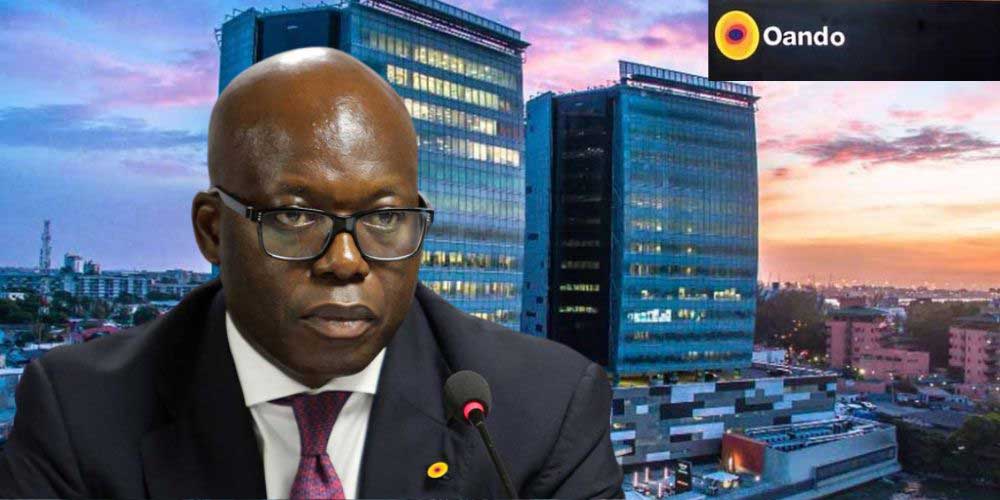With 89% Inflows, Banking, Insurance Sectors Remain Preferred Destination For Foreign Capital

…Strong Domestic Market Returns Pushes Capital Inflow To $2bn
…Portfolio Investors Raise Stake By $620m To $1.85bn
Nigeria’s financial markets began the year on a strong note, recording a significant uptick in foreign capital inflows that hit $2.06bn in January 2025 — a sharp rise from $1.57bn in December 2024.
The latest data from the Central Bank of Nigeria (CBN) highlights a resurgence of investor confidence, spurred by improved returns in the domestic financial environment.
The increase in capital inflow was largely fueled by a sharp rise in portfolio investments, which rise by $620m to $1.85 bn. This represents nearly 90 per cent (89.6 per cent) of the total capital imported into the country during the period.
The rise in portfolio investments inflow is a clear indication of the strong appeal of Nigeria’s high-yielding money market instruments to short-term foreign investors.
Analysts attribute the influx to a combination of favorable monetary policy measures, improved exchange rate stability, and relatively high interest rates in the local market. These conditions have made Nigerian assets particularly attractive to global investors seeking better returns in an era of tighter global liquidity.
A sectoral breakdown of the capital inflow data shows that the banking industry continued to dominate, attracting the lion’s share of foreign capital.
With 45.22 per cent of the total inflows in January, the sector remains the preferred destination for foreign portfolio investors, thanks to its strong returns and relatively transparent financial instruments.
The financing sector came in a close second, securing 44.32 per cent of the capital imported during the month.
When combined, both the banking as well as the financing sectors account for over 89 per cent of investment inflows.
Other sectors such as telecommunications (3.86 per cent), production and manufacturing (3.01 per cent), shares (1.57 per cent), and trading (1.43 per cent) received modest allocations, while remaining sectors shared the residual amount.
Analysts note that the continued preference for the banking and financial sectors reflects investor confidence in the resilience and liquidity of these industries.
However, the concentration of capital inflow in a few sectors also underscores the limited diversification of Nigeria’s investment landscape.
While the jump in portfolio inflows paints a positive picture, the decline in more stable long-term investments offers a contrasting view.
Foreign Direct Investment (FDI) — a key indicator of investor confidence in long-term economic prospects — fell to $70m in January, down from $120m in December 2024.
Likewise, “other investments” — which include loans, trade credits, and other forms of non-equity capital — dropped to $140m from $220m in the previous month.
These declines raise concerns among economic experts, who argue that despite the attractiveness of Nigeria’s short-term financial instruments, persistent structural challenges continue to deter long-term commitments.
“While portfolio inflows provide short-term liquidity and support for the naira, they are highly sensitive to global shocks and are prone to sudden reversals,” said an Abuja-based Development economist, Afeez Balogun.
Balogun, a Fellow of the Institute of Chartered Accountants of Nigeria added, “To sustain economic growth, the country must focus on improving infrastructure, security, and regulatory stability to attract more durable investments like FDI.”
The bulk of Nigeria’s foreign capital in January originated from a handful of countries.
The United Kingdom maintained its position as the leading source, contributing a dominant 65.65 per cent of the total inflows.
This was followed by the United States at 8.15 per cent, South Africa at 7.66 per cent, and the United Arab Emirates at 7.18 per cent. Mauritius (2.87 per cent) and Belgium (2.28 per cent) also featured among the notable contributors, while the remainder came from a diverse mix of countries across Europe, Asia, and the Middle East.
The prominence of traditional financial centers such as London and New York underscores Nigeria’s strong ties with global capital markets, but also highlights the risk of overreliance on a limited set of investment sources.
Within Nigeria, the distribution of foreign capital remains heavily concentrated in a few key locations.
The Federal Capital Territory (FCT) emerged as the top destination, attracting 62.88 per cent of total inflows. Lagos State, the nation’s commercial and financial hub, followed with a 36.59 per cent share.
Other states, including Ogun and Kano, recorded only marginal shares of 0.04 per cent and 0.01 pee cent respectively, while remaining inflows were scattered across various other locations.
This regional concentration reinforces the urgent need for policies that promote balanced investment and economic development across the country.
With 89% Inflows, Banking, Insurance Sectors Remain Preferred Destination For Foreign Capital is first published on The Whistler Newspaper




